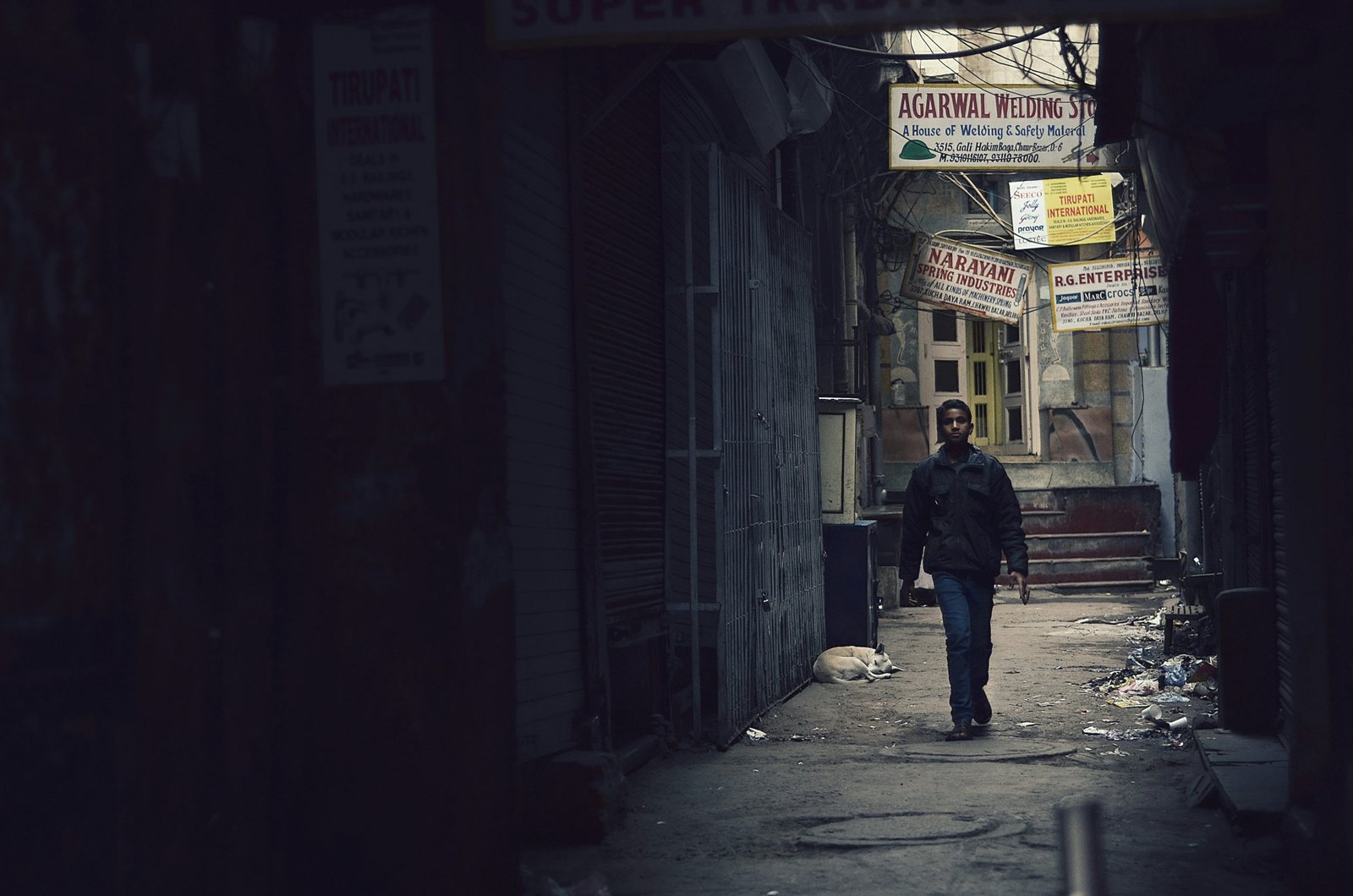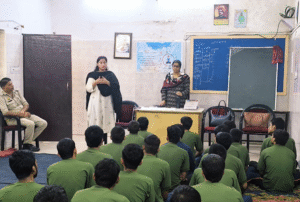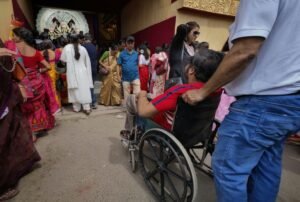
India has one of the largest youth populations in the world, constituting approximately one-fifth of the world’s youth. Yet the mental health of its young population remains a significant concern. In 2019, the Indian Journal of Psychiatry stated that at least 50 million children in India face mental health issues. Alarmingly, it also stated that over 80 percent of these children have never sought any support. Behind this grim statistic are a host of societal factors. While medical and psycho-social interventions continue to progress in the field of mental healthcare for children, policy-level interventions also need attention. In India, the Mental Healthcare Act, 2017 (MHCA) addresses various aspects of mental health, such as the decriminalisation of suicide and the provision of mental healthcare to persons with mental health illnesses.
The journey of mental health legislation in India dates back to the colonial era. One of the earliest codified laws dealing with this area was the Indian Lunacy Act, 1912. This law reflected the attitudes of its time, and has since been criticised by the Indian Psychiatric Association for its inhumane treatment methods, including custodial sentences. The Mental Healthcare Act, 1987 (MHA) that came decades later, marked a shift towards a welfare model, focusing on provisions for care and treatment of mental illnesses. Despite this progression, the MHA still disregarded the importance of personal liberty, and allowed treatments where patients could be detained against their will.
The next significant legal shift did not occur till 2007, when India ratified the United Nations Convention on the Rights of Persons with Disabilities (CRPD), promoting a rights-based approach for persons with psycho-social disabilities and mental illnesses. To align the legal framework of India with the principles of CRPD, the MHCA was enacted, coming into force in July 2018, replacing the MHA.
The MHCA introduced a section detailing the rights of persons with mental illnesses, including the right to access healthcare, the right to information, and the right to make complaints against deficiencies in the services availed.
However, the full enjoyment of these rights appears to be restricted when it comes to children. This is a gap that deserves more attention than it has received so far. While the MHCA shows an intention to introduce child-rights-based healthcare, by ensuring that decisions for mental health care take into account their best interests, the application of this principle is not sufficient to achieve a truly child-rights-based mental healthcare system.
A primary reason for this is that the law treats the principle of the best interest of the child as a standalone right. This is a mistake, as this right needs to be applied in conjunction with the effective enjoyment of all the rights children are entitled to. This includes their right to be heard. The CRPD too endorses this principle, by stating the importance of respecting the views of children in decisions that impact them.
This understanding is reflected in the MHCA’s recognition of people’s capacity to make decisions regarding their mental health care and treatment. If needed, the law states that they can be supported in this process by Nominated Representatives (Representatives), who act as mediators between the mental healthcare system and the person with mental illness in terms of access, decision-making and communication. Yet a striking feature of the law is that for minors, the role of the Representative is focused on making decisions on behalf of the child, rather than assisting the child in accessing appropriate rights-based mental healthcare. Moreover, unlike adults, children do not have the right to provide Advance Directives, or instructions regarding their care, under this law. This means it is crucial to foster a dialogue that enables the Representative to understand the child’s needs. Understanding the child’s social and economic circumstances would help Representatives to convey a holistic view of the mental illness.
Ensuring such dialogue will also ensure that children have access to information related to their treatments. The MHCA provides the right to this information for all persons. This means providing children, especially adolescents, with information about all available forms of treatment, their advantages and disadvantages, possible risks and side effects, all in line with their evolving capacities. Paternalistic views regarding decision-making for children stem from the belief that they may not comprehend what’s best for them. However, the MHCA recognises that individuals, including children, may make decisions about their mental healthcare that may be perceived as wrong or inappropriate, yet still have the capacity to make decisions. Children’s understanding can be guided by their Representative and other healthcare professionals. Encouraging a dialogue and a transparent flow of information is integral to such best-interests assessment.
Providing access to information also enables children to voice any discomfort or concerns they may have regarding their health or treatment. The MHCA allows for the Board to change the Representative, if evidence is presented that the legal guardian acting as the Representative is not fit for the role. However, there is a need to ensure a safe, private space where children can raise such concerns, without facing stigma or any kind of barriers. Stigma associated with mental health problems, as well as potential trauma associated with them, require children to have a comfortable space to discuss such matters. That is why it is important for children to have access to platforms where they can raise grievances or express discomfort, regarding their treatment, the healthcare professional or the Representative.
Finally, it is important to recognize the contradictions in the age-based model adopted by the MHCA, which defines a minor as an individual below 18 years old. This definition ignores the importance of an individual’s evolving capacity. It is possible that adults, due to their mental health disorders, may have the mental capacity of a five year-old and yet be given higher autonomy in their healthcare decisions than a child whose mental capacity is equivalent to a 25 year-old.
A blanket age-based definition also interferes with the curated treatments that adolescents and young adults may require, and in understanding the diverse forms mental illnesses may take across age age groups. For instance, symptoms of different forms of depression, autism spectrum disorders, or Attention Deficit Hyperactivity Disorder (ADHD) may vary across different stages of development. This one-size-fits-all approach in the MHCA needs revision.
A possible way forward could be to create guidelines that require Representatives to submit timely reports indicating the child’s background, as well as any concerns or barriers expressed by the child. These reports would provide the Board insight into whether the child is receiving the necessary support from the Representative. Additionally, the Board should consult other stakeholders such as child welfare officers, teachers, counsellors etc. This would allow children to access healthcare from multiple points, especially if they are uncomfortable approaching the Representative directly. It would also enable the Board to determine whether the Representative is capable of acting in the best interests of the child, or if a different person ought to be appointed. Providing psychosocial education to children and guardians can also guide them to appropriate forums, allowing them to reach out whenever necessary.
A thread running across these challenges is the stigma associated with mental illnesses, which often silences and shames children regarding their problems. This issue needs to be tackled head on, from different angles, so children feel comfortable talking about their healthcare needs and avail the care they deserve. Creating provisions that encourage dialogue between children and the adults responsible for their well-being, and ensuring a flow of information would foster a truly child-centric mental healthcare system.












